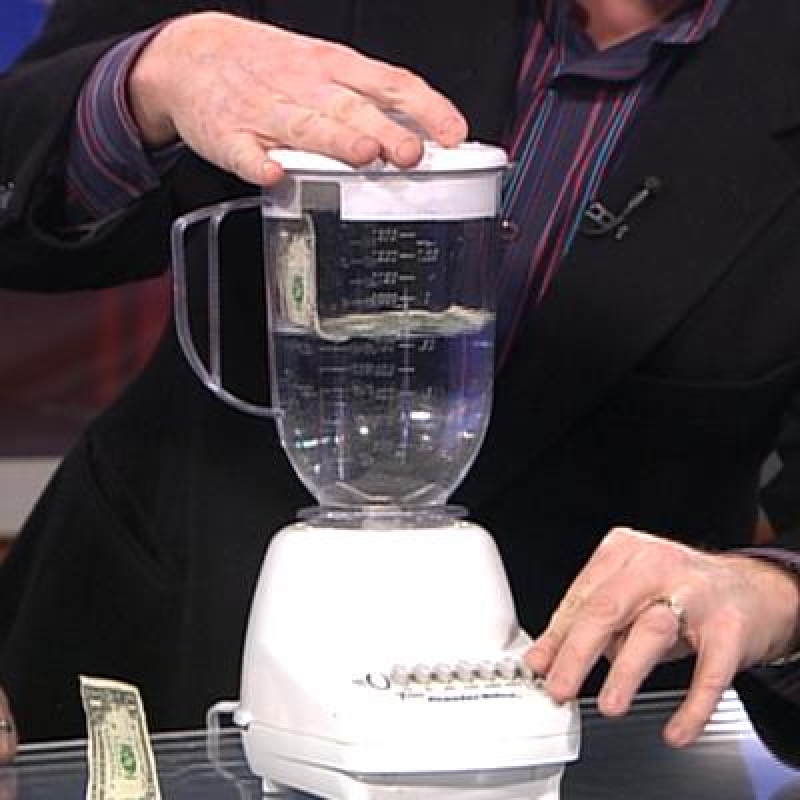The North Dakota House of Representatives is considering three distinct proposals—HB 1168, HB 1575, and HB 1176—that could reshape property taxA property tax is primarily levied on immovable property like land and buildings, as well as on tangible personal property that is movable, like vehicles and equipment. Property taxes are the single largest source of state and local revenue in the U.S. and help fund schools, roads, police, and other services.
policy in the state. Together, these bills seek to reduce property taxA tax is a mandatory payment or charge collected by local, state, and national governments from individuals or businesses to cover the costs of general government services, goods, and activities.
burdens and limit future tax growth, while leveraging earnings from the North Dakota Legacy Fund to help offset costs and local revenue needs.
These proposals offer meaningful relief to property owners, but each carries fiscal and structural implications that deserve careful consideration. However, among the three competing proposals, a clear front-runner has emerged after Governor Kelly Armstrong (R) stated his support for HB 1176.
HB 1176 focuses on direct, immediate relief for homeowners and renters. The bill increases the primary residence property tax creditA tax credit is a provision that reduces a taxpayer’s final tax bill, dollar-for-dollar. A tax credit differs from deductions and exemptions, which reduce taxable income rather than the taxpayer’s tax bill directly.
, raising the maximum credit from $500 to $1,250. The credit is structured to cover 75 percent of the property tax liability on a qualifying primary residence, subject to a minimum of $500 and a maximum of $1,250. It does not apply to special assessments or voter-approved levies beyond a certain threshold.
These provisions differ slightly from the introduced legislation, via two amendments which lowered the overall primary resident tax credit from its original $1,550 to $1,250 and capped the tax credit at 75 percent of a primary taxpayer’s total levy.
Additionally, HB 1176 increases the renters’ property tax refundA tax refund is a reimbursement to taxpayers who have overpaid their taxes, often due to having employers withhold too much from paychecks. The U.S. Treasury estimates that nearly three-fourths of taxpayers are over-withheld, resulting in a tax refund for millions. Overpaying taxes can be viewed as an interest-free loan to the government. On the other hand, approximately one-fifth of taxpayers underwithhold; this can occur if a person works multiple jobs and does not appropriately adjust their W-4 to account for additional income, or if spousal income is not appropriately accounted for on W-4s.
from $400 to $600 and raises income thresholds for the homestead property tax credit, increasing the limits from $40,000 and $70,000 to $50,000 and $80,000, respectively. These changes are designed to extend relief to more middle-income homeowners and renters who are affected primarily through the incorporation of property tax burden into rental prices.
Similar to its legislative alternatives, HB 1176 uses Legacy Fund earnings to fund property tax credits and provide for local revenue needs because of increases to the homestead property tax credit. HB 1176 is projected to cost $552.8 million in the current biennium, based on the most recent fiscal note. “However, the state’s reliance on investment returns introduces uncertainty in the event of market downturns, especially given the Trump administration’s new and possible upcoming tariffs, which will have an effect on investment returns in addition to its impact on North Dakota’s trade-focused economy, with the state a large net exporter of agricultural products and energy resources.
HB 1168 takes a different approach and does not provide direct taxA direct tax is levied on individuals and organizations and cannot be shifted to another payer. Often with a direct tax, such as the personal income tax, tax rates increase as the taxpayer’s ability to pay increases, resulting in what’s called a progressive tax.
credits. It instead seeks to limit the growth of property tax levies by capping annual increases at 3 percent for local taxing districts—excluding school districts—unless voters approve higher increases. However, HB 1168 also stipulates that the levy limit override must be approved by 60 percent of voters in the taxing district during a statewide primary or general election. It also sets a five-year time limit after which the 3 percent levy limit must be observed again in the taxing jurisdiction.
Under this plan, new construction and improvements are excluded from the levy limit, ensuring that levy limits do not hinder growth. If local governments wish to exceed the cap, they must receive voter approval through the formal process described above. HB 1168 also reallocates Legacy Fund earnings, but not specifically for tax credits; rather, it redirects a portion of earnings to support general fiscal stability and infrastructure.
Data from the North Dakota Office of State Tax Commissioner shows that between 2013 and 2023, combined urban and rural residential property tax levies increased by 86 percent, an average of roughly 6.5 percent per year. Had the 3 percent cap been in place, property tax levies would not have grown anywhere near as aggressively as they did without the levy limit. New construction, when first added, would of course increase tax collections without being subject to the cap, though future growth of revenues from those properties would be included in cap calculations.
Finally, HB 1575 offers a third approach by reducing the taxable value of property statewide. Specifically, it requires that residential properties receive a 2.75 percent reduction in assessed value. Meanwhile, agricultural and commercial properties would receive a 1.5 percent reduction.
This reduction applies to all properties but delivers proportionally greater relief to homeowners. This creates what is known as split roll taxation and distorts property markets over time. Because apartment buildings are classed as commercial property, moreover, this also shifts a greater share of property tax liability to renters.
HB 1575 also increases the homestead property tax credit and renters’ refund thresholds, matching the changes in HB 1176. Importantly, the bill repeals the existing primary residence credit and replaces it with this broad-based valuation reduction. The plan is funded by Legacy Fund earnings, with the state reimbursing local governments for lost property tax revenue.
These three bills reflect different approaches to property tax relief:
HB 1176 prioritizes direct credits and refunds.
HB 1168 focuses on limiting future tax growth.
HB 1575 reduces assessed property values across the board.
Ultimately, levy limits offer the most consistent and economically efficient approach to keeping property taxes in check not just in the present, but long into the future.
Local governments may also face new fiscal pressures and may need to adjust service levels and property tax levy policies or explore alternative revenue sources under these reforms. Possible alternatives include an increase in the city- and county-level sales taxes which are already at a combined 2.05 percent on top of the statewide 5 percent sales taxA sales tax is levied on retail sales of goods and services and, ideally, should apply to all final consumption with few exemptions. Many governments exempt goods like groceries; base broadening, such as including groceries, could keep rates lower. A sales tax should exempt business-to-business transactions which, when taxed, cause tax pyramiding.
rate.
North Dakota’s financial position provides it with a rare capacity to deliver meaningful property tax relief. However, policymakers must balance immediate relief with fiscal sustainability and ensure that local governments remain adequately funded in the years ahead.
Stay informed on the tax policies impacting you.
Subscribe to get insights from our trusted experts delivered straight to your inbox.
Subscribe
Share this article




























